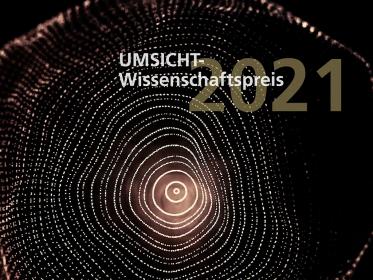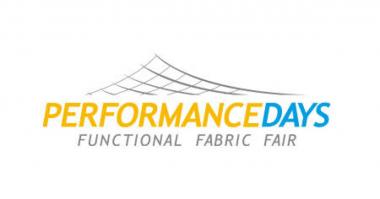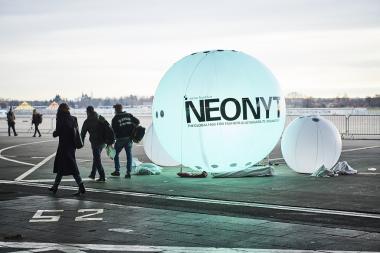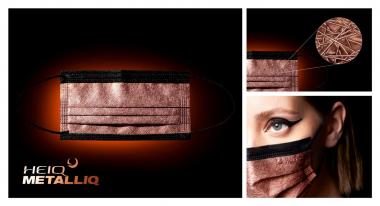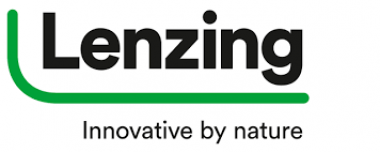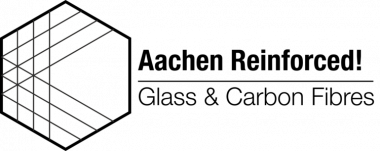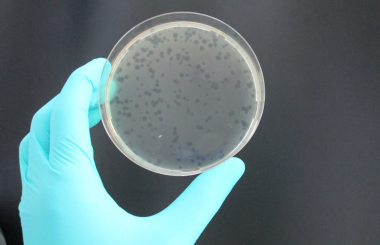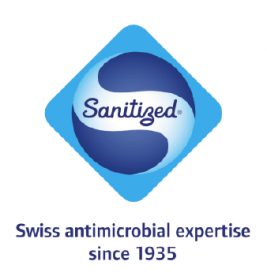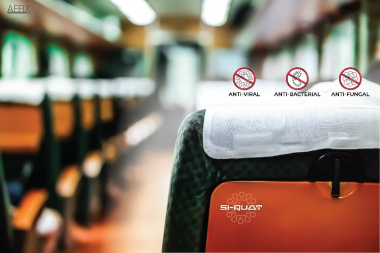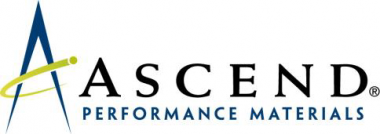NCTO testifies on the Medical Supply Chain and Pandemic Response Gaps
NCTO President and CEO Kim Glas testifies on “COVID-19 Part II: Evaluating the Medical Supply Chain and Pandemic Response Gaps, before the Senate Homeland Security and Governmental Affairs Committee.
In written testimony submitted to the committee, Glas provides an overview of: the U.S. market prior to the pandemic and the root causes of America’s dependence on offshore sources for medical PPE; the heroic response of the U.S. textile industry; the federal government’s response to the crisis; and a series of policy recommendations to incentivize the establishment of a permanent domestic PPE supply chain.
Glas details key policy recommendations designed to establish a permanent domestic PPE supply chain, including:
- Create strong domestic procurement rules for federal PPE purchases and other essential products--substantially similar to the Berry Amendment and the Kissell Amendment which require 100% US content from fiber production forward
- Implement forward-looking policies to shore up the Strategic National Stockpile and issue long-term contracts to incentivize investment in the domestic PPE manufacturing base
- Create federal incentives for private sector hospitals and large provider networks to purchase domestically-produced PPE
- Continue to deploy the Defense Production Act to shore up the textile industrial base from raw materials to end products for all essential products
View the full written testimony here.
NCTO National Council of Textile Organizations Covid-19 personal protective equipment textile industry
NCTO










